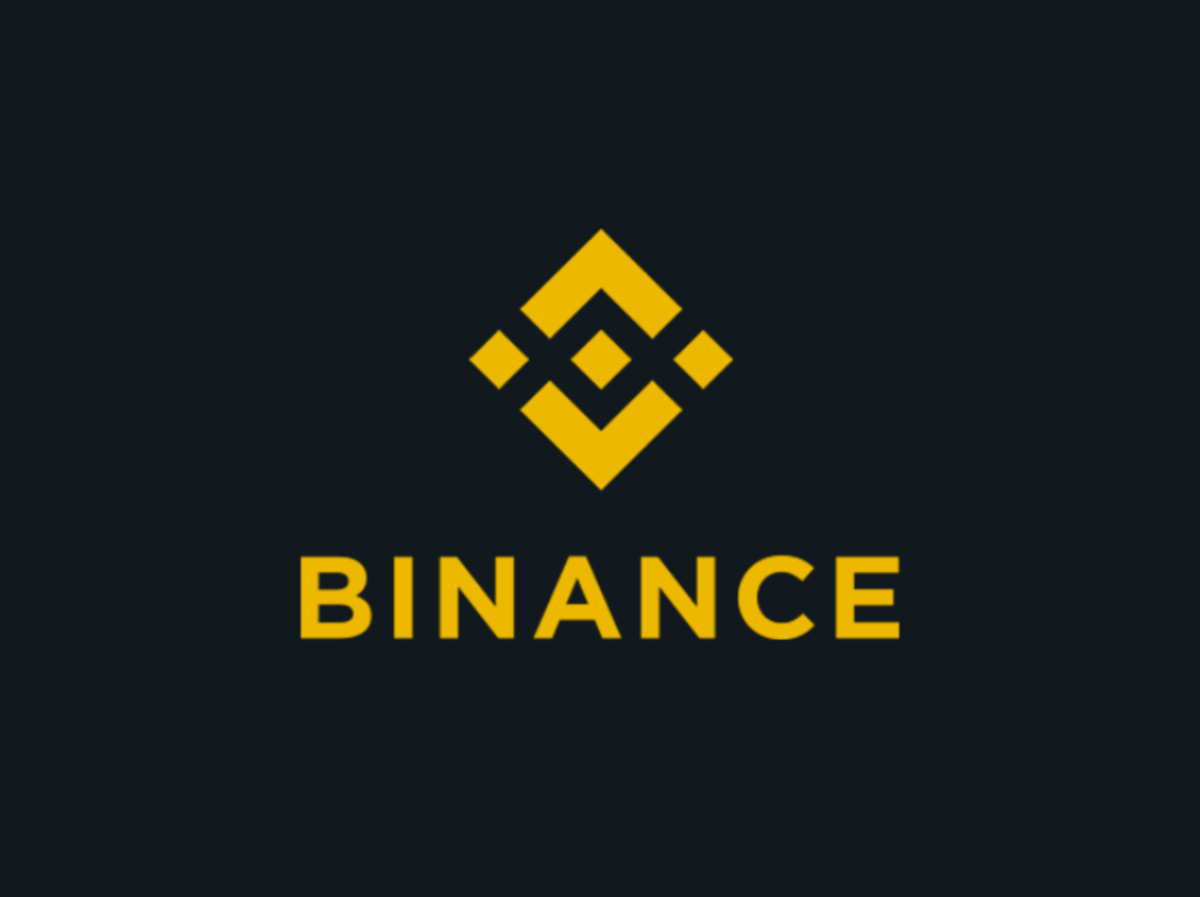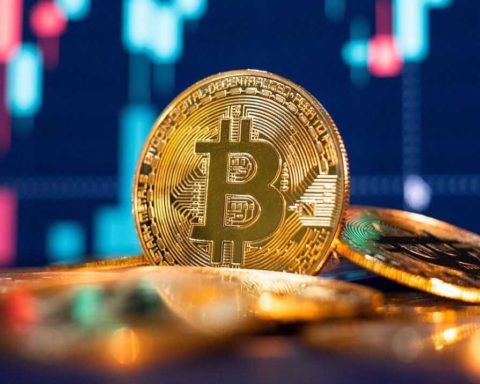The head of the Philippines Securities and Exchange Commission (SEC), Kelvin Lee, provided clarification during a panel discussion on December 13th regarding the timeline for the ban on Binance, a popular cryptocurrency exchange.
The ban, which was initiated following an advisory issued by regulators on November 28th, is set to take effect three months after the advisory’s issuance.
There had been widespread confusion on the internet about the ban’s implementation, prompting Lee to address the matter.
He specified that the ban was originally intended to begin three months from the date of the advisory, which was issued on November 29th. Lee also indicated that, depending on feedback and circumstances, the timeline could potentially be extended.
He noted that the initial recommendation had suggested a much shorter one-month or even one-week transition period, but he decided to grant more time due to the upcoming Christmas holiday season, to avoid inconveniencing Filipino investors.
In addition to Binance, Lee disclosed that two other exchanges, OctaFX and MiTrade, had also received advisories for operating without the necessary licenses and would face bans after a three-month grace period.
READ MORE: Giddy Makes it Even Easier to Buy Crypto with Stripe Integration
The local SEC stated that it possesses a substantial list of unregistered exchanges operating within the country and would be monitoring their response to the actions taken against Binance.
Lee faced criticism for the Binance ban, with some individuals suggesting that the exchange’s services were more affordable compared to registered exchanges.
In response, he emphasized that Binance was cheaper precisely because it had not gone through the registration and compliance process required in the Philippines, unlike registered entities that incurred compliance costs.
Lee cautioned local investors to opt for registered entities, highlighting that there were 17 virtual asset service providers in the country that offered fiat-to-crypto services while adhering to regulatory standards.
He stressed the importance of registration and consumer protection, urging investors to collaborate with registered entities.
Cointelegraph sought comment from Binance regarding the situation and any potential actions or plans in response to the ban in the Philippines.
The regulatory landscape in the cryptocurrency space continues to evolve, with governments and agencies working to establish clear guidelines and ensure compliance within the industry.
Discover the Crypto Intelligence Blockchain Council




